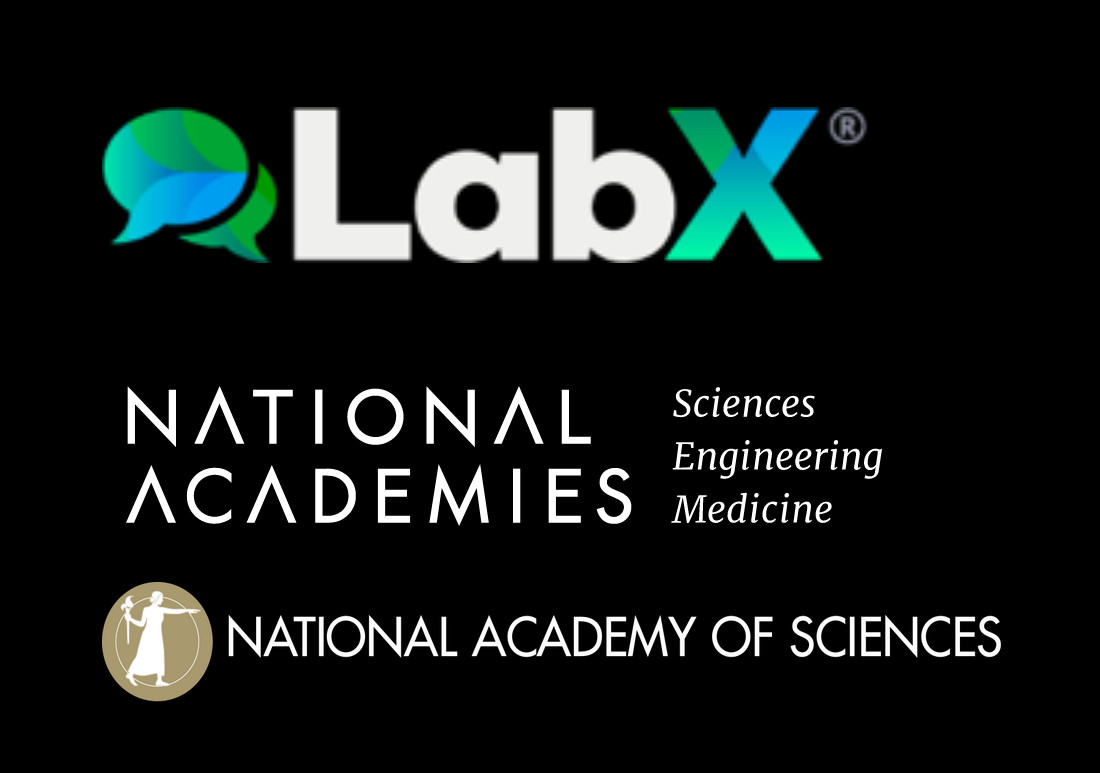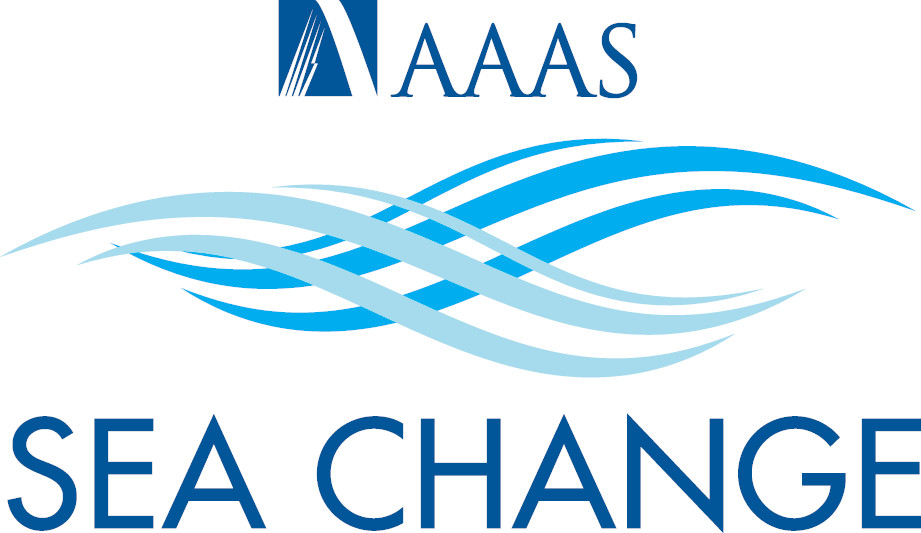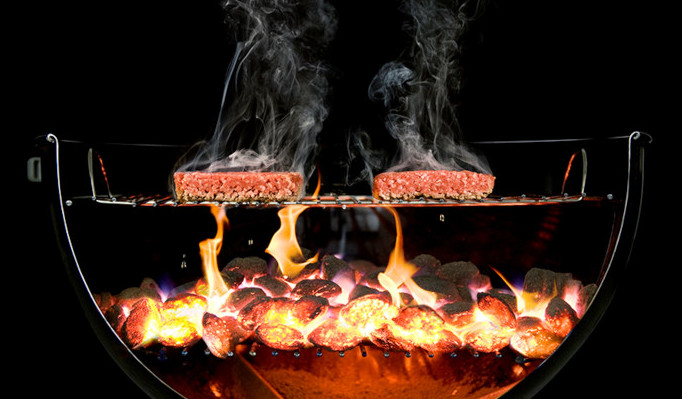
Chemists in the Kitchen
Chemists in the Kitchen is the creation of LabX, the outreach branch of the National Academy of the Sciences. I was fortunate to be asked to guest star in three episodes, even though I'm a physicist! On the chocolate episode, I made reese's peanut butter cups. They weren't bad! On the pretzel episode, I attempted to make a gluten-free pretzel. Gluten-free baking is hard. The milkshake episode was delicious, of course. Still working off the calories from that one.

SEA Change Webinar
SEA Change aims to advance institutional transformation in support of diversity, equity, and inclusion. The American Association for the Advancement of Science (AAAS) partnered with the American Association of Physics Teachers (AAPT) to support the work of SEA Change in physics and astronomy. As part of that work, I cohosted a webinar with Murphy Pyankov and explored the topic of amplifying student voices and creating spaces for difference.

Food, Fire, and Physics
Food, Fire and Physics is a general education course that I created that explores food and cooking from a physical science perspective. Principles of soft matter physics (e.g. phase diagram, intermolecular forces, viscosity, diffusion, self-assembly, polymer physics) are discussed and used to gain insight into the underlying mechanisms that happen in our kitchens. For more information, see a write up of the course in the Quad.
![]()
Particle Tracking in Matlab
The soft matter community has long benefited from the particle tracking IDL code written by David Grier (NYU), John Crocker (UPenn), and Eric Weeks (Emory). However, Matlab is often the preferred programming language for undergraduates doing research. Utilizing some of the Matlab code written Daniel Blair (Georgetown) and Eric Dufresne (Cornell), I wrote particle tracking code in MATLAB that closely matches the functionality of the IDL code. Download the Matlab particle tracking code from a GitHub repository.
